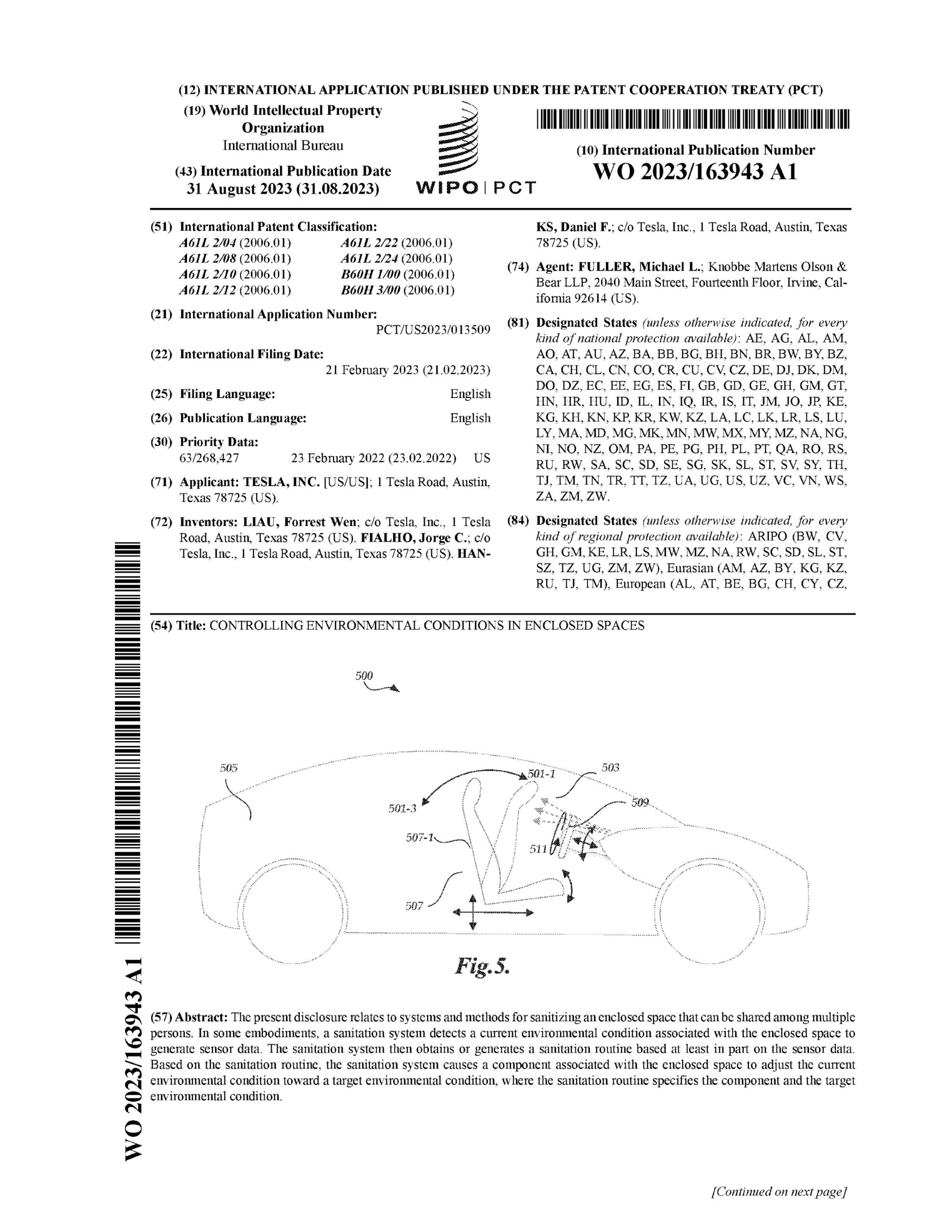The options in the draft on the future of fossil fuels range from a less-stringent ‘phasedown of unabated coal power’ to a simple but dramatic ‘orderly and just phase out of fossil fuels’
As scientists, activists and United Nations officials repeatedly detailed how the world needs to phase-out the use of coal, oil and natural gas, the United Arab Emirates-hosted conference opened “energy transition day” with a session headlined by top officials of two oil companies.
“It’s pretty comprehensive,” COP28 CEO Adnan Amin told The Associated Press Tuesday. “I think it provides a very good basis for moving forward. And what we’re particularly pleased about it is that it’s this early in the process.”
That will give time for a lot of give-and-take, Amin said, particularly over the area of the future of fossil fuels, “where there’s going to be a very intensive engagement process.”
Climate scientist Bill Hare, CEO of Climate Analytics, said the central issue of the meeting “is to reach a conclusion about the phasing out of fossil fuels. And unless we do that, I doubt whether we’re going to see an improvement in temperature.”
The options in the draft on the future of fossil fuels range from a less-stringent “phasedown of unabated coal power” to a simple but dramatic “an orderly and just phase out of fossil fuels.”
But that could still change. Amin said because some countries, particularly poorer ones may see phase-out as too restrictive, negotiators could even hit their thesauruses for alternatives to the much discussed phase-out or phase-down wording.
“Several parties have talked about this, including proponents of the phase-out idea,” Amin said in a sit-down interview in his office Tuesday. “I think whatever the language, there needs to be clarity and the sense of comfort that what whatever language we actually get to begins to take us in the direction we need to be going in.”
“Everybody’s going through it with a fine tooth comb right now to see whether their issues are identified or not,” Amin said.
Scientists who track climate action said it’s crucial to watch the language for loopholes.
Including “unabated” means allowing the burning of fossil fuels if their emissions can be captured and stored, a technology that’s much talked about but really hasn’t proven to work well, Hohne and other scientists have said.
Hohne and Hare’s organizations on Tuesday released an updated version of the Climate Action Tracker, which looks at pledges, policies and actions by nations and tries to calculate what kind of temperature increases that means. It found, based on pledges, the world is going in the wrong direction.
A year ago the world’s pledges, if fulfilled, would lead to 2.4 degrees Celsius (4.3 degrees Fahrenheit) of warming over pre-industrial times, but now it’s up to 2.5 degrees (4.5 Fahrenheit). That’s because several nations with weak pledges _ especially Indonesia and Iran — have increased emissions so much that the world is heading more on a warmer track, said report lead author Claire Stockwell of Climate Analytics.
“Many, many countries still fund significant fossil fuel expansion,” said New Climate Institute analyst Ana Missirliu. “And in the last year since the previous COP, we’ve seen quite a cascade of worrying announcements actually starting with the (host country) UAE, whose $150 billion investment plan to expand its oil and gas industry largely — very largely — overshadows its recent renewable energy investment plans.”
The Abu Dhabi National Oil Company — run by COP28 President Sultan al-Jaber — signed a memo of understanding Monday evening with Morocco’s state-owned mining company OCP. Morocco’s state-owned news agency announced the deal, which did not include details, as one part of a broad agreement to deepen partnerships and trade ties between the North African country and the United Arab Emirates.
Missirliu also pointed to fossil fuel production expansion in the United States, United Kingdom and Saudi Arabia.
However, one bright spot is that China, the world’s biggest carbon polluter, is now set to hit peak emissions in 2025, years earlier than pledged, and by 2035 will be down to about 2017 levels, Stockwell said.
A team of scientists reported Tuesday that the world pumped 1.1% more heat-trapping carbon dioxide into the air than last year, largely due to increased pollution from China and India.
Protests — which are limited to “action zones” around the UN site — centered on phasing out fossil fuels and calling for finance to ramp up the move to clean energy.
Over 100 countries have pledged to triple their renewable capacity and double energy efficiency by the end of the decade.
Francesco La Camera, director general of the International Renewable Energy Agency, said it’s possible to meet the renewable energy goal and welcome the commitment from the international community.
He urged that the transition to clean energy should “be in line with scientific UN studies that look at limiting warming to 1.5 degrees Celsius.”
Associated Press writer Jamey Keaten in Dubai and Sam Metz in Rabat, Morocco contributed to this report. Gaurav Saini of The Press Trust of India also contributed.
Share This:




